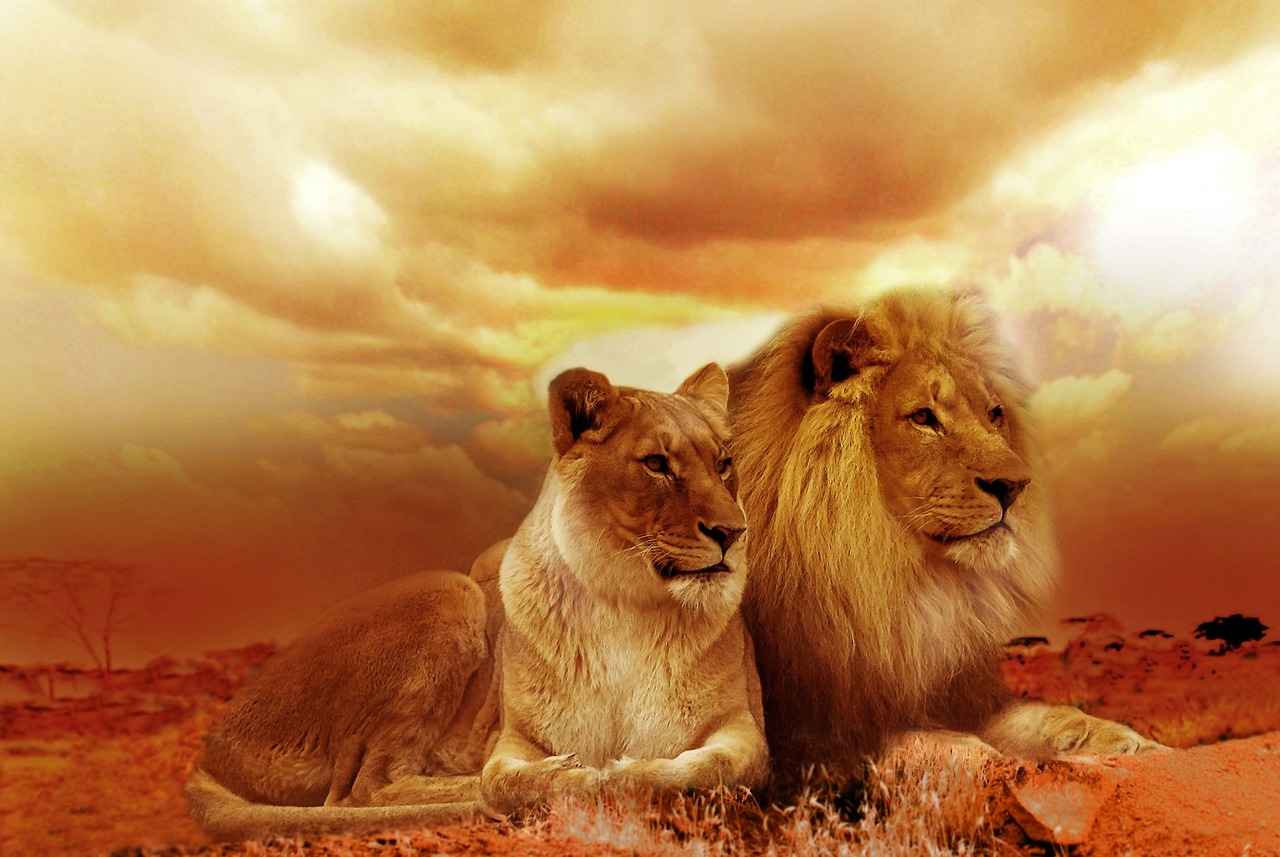Numerous animals are prohibited from being owned, transported, and imported into Washington State. The intent of these regulations is to safeguard public safety, protect native wildlife, and ensure animal welfare. Washington's list of illegal or restricted animals includes exotic animals such as big cats, primates, venomous reptiles, alligators, and more. These restrictions are based on scientific evidence that shows the potential risks associated with owning these animals, including their ability to cause harm to humans and local ecosystems.
By deterring people from owning such animals, the state aims to prevent accidents or intentional releases that could disrupt delicate natural balances or pose threats to public safety. This legislation also promotes responsible pet ownership and encourages individuals to choose suitable domesticated companion animals that have been bred for companionship rather than acquiring potentially dangerous wild creatures.
Washington State Rabies Law
In the state of Washington, it is strictly prohibited to possess animals that have the potential to transmit rabies to humans. Specifically, the following animals are deemed illegal to own under this
legislation:
bats,
skunks,
foxes,
raccoons, and
coyotes.
Washington State Wild Animal Law
In Washington State, it is strictly prohibited to keep wild animals as pets. This
law encompasses a range of animals that are deemed illegal to own, including
elk,
deer,
bears,
bobcats,
falcons,
quail (with the exception of Coturnix),
pheasants,
chukars, and
grouse.
Washington State Deleterious Animal Law
The Washington State
Deleterious Animal Law classifies certain animals as deleterious due to their potential to cause harm to the environment or native wildlife. Consequently, owning these animals is prohibited under this law. The list of animals deemed illegal to possess includes
Mute swans,
Mongoose,
Wild boar,
Javelina,
Wild goats,
Wild sheep,
Wildebeests,
Reindeer, and
Fallow deer.
By enforcing the prohibition on owning these deleterious animals, Washington State takes a proactive stance in preserving the integrity of its environment and protecting its native wildlife.
Washington State Dangerous Animal Law
The state of Washington strictly prohibits the ownership of animals that pose a threat to the safety of individuals, livestock, or domestic animals. This
legislation aims to ensure the well-being and security of the community. The following animals are among those specifically identified as posing a potential danger:
Lions,
Cougars,
Tigers,
Bears,
Wolves,
non-human primates,
Marmosets,
Lemurs,
Rattlesnakes,
Cobras,
Alligators, and
Crocodiles.
The inclusion of large predatory mammals such as Lions, Cougars, Tigers, and Bears reflects the state's commitment to preventing potentially catastrophic incidents. These majestic creatures, while awe-inspiring, possess natural instincts that can lead to severe harm if not properly managed in a controlled environment.
Wolves, known for their pack mentality and territorial nature, are also included in the list of prohibited animals. Their presence in residential areas can disrupt the delicate balance of ecosystems and pose a threat to both livestock and domestic animals.
Non-human primates are restricted due to their complex social structures and potential for aggression. These animals require specialized care and environments that are difficult to replicate in a domestic setting, making them unsuitable for ownership.
The inclusion of venomous reptiles, such as Rattlesnakes and Cobras, is a necessary precaution to prevent accidental bites and potential fatalities. These creatures, with their potent venom, pose a significant risk to human life and safety.
Lastly, the prohibition of Alligators and Crocodiles acknowledges the inherent danger associated with owning large, powerful reptiles. These creatures require specific habitats and expert care, making them unsuitable for private ownership.




